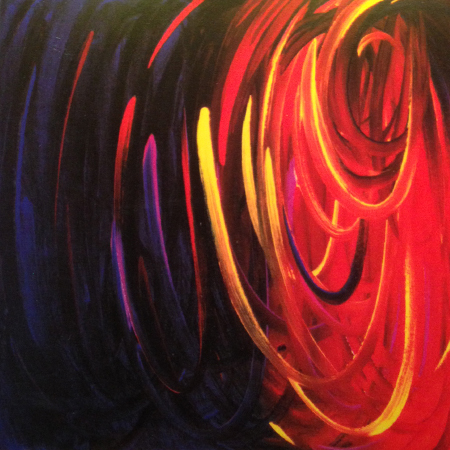Paradox
Grief is the universal human response to loss and uniquely individual. This is the paradox of grief.
It is important to view our grief within the universal constellation of common reactions. Knowing and understanding this constellation helps us normalize our personal experience and diminish distress resulting from the intensity of grief. When we know and understand common grief reactions, and have others who know and understand, it provides validation for our personal reaction. It can help us weather the arduous process of grieving. When we recognize that our personal response is shared with others, isolation is diminished. Connection with others supports us while experiencing the painful disconnection from the one who has died.
As much as normalizing our grief is reassuring, we must honor our unique loss and grief too. It is essential that we honor the unique individual who has died, the unique person we are, and the unique relationship we shared. We cannot grieve or mourn generically. We experience the pain of grief and other reactions in a personal way. Memorials, rituals, and other expressions of grief are best when relevant and meaningful to the mourners and person who died. Taking into account our personality, personal beliefs, memories of the deceased, timing and circumstances of the death, and how it has changed us and our life is helpful for getting through our grief.
The risk of excessively normalizing grief is minimizing the very personal nature of our connection to others and the significance of the loss. The risk of excessively focusing on the individual nature of grief is to minimize the stabilization that comes from linking our personal experience to our shared humanity.
